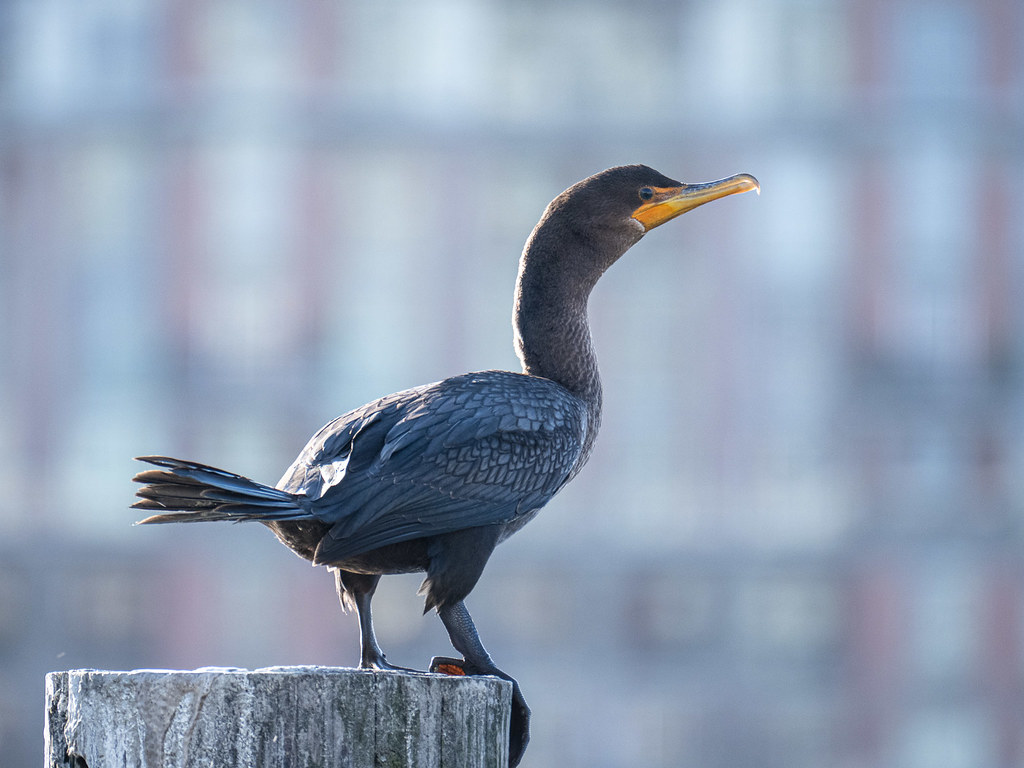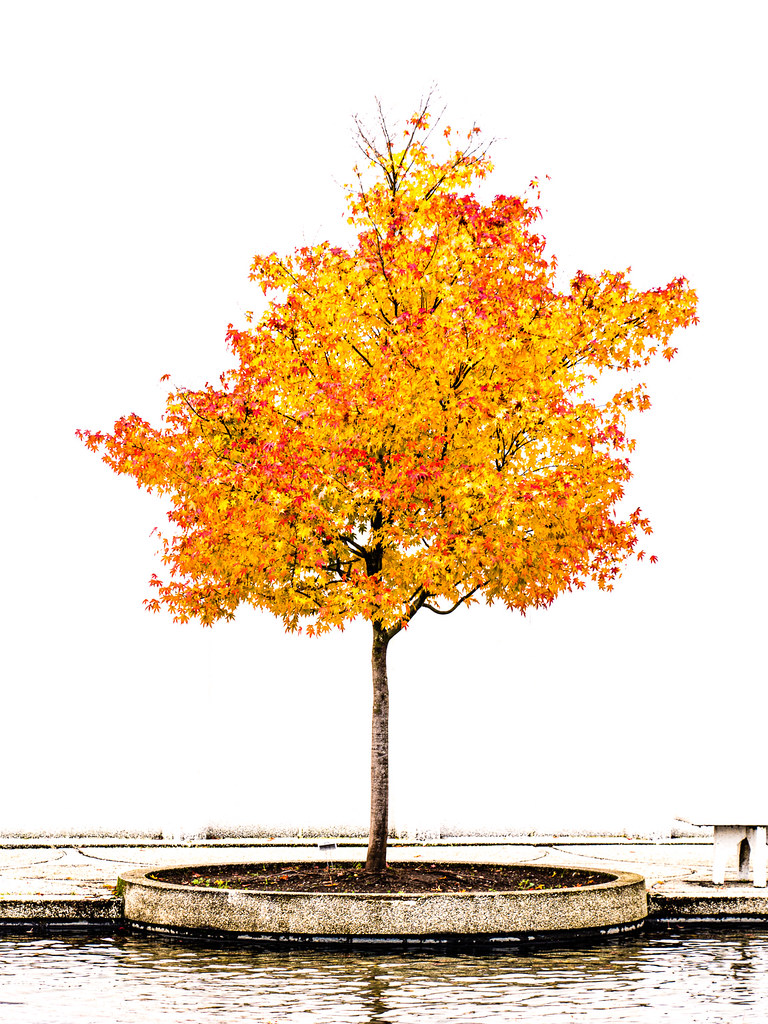SaskOutdoors will be hosting the following virtual workshops:
Below Zero - 7-9 pm, Jan. 11 & 18
Get Outside & Play - 7 pm, Jan. 17
Project WILD - 7-9 pm, Jan. 24, 31, and Feb. 7
Friends of Wascana Marsh will be holding a virtual annual general meeting at 7 pm, Jan. 20.
Full details on all upcoming events can be found on the EcoFriendly Sask Calendar
Energy
Countries “will never agree to ‘phase down’ or ‘phase out’ fossil fuel energy without a reasonable substitute source of energy.” Is nuclear power the answer? [Johnson-Shoyama Graduate School of Public Policy]
“The federal government should cap oilsands production to stop the rapid growth of toxic tailings. Then, industry should recycle the toxic waste instead of immediately dumping it.” Releasing tailings into the Athabasca River endangers the river and the people and wildlife that depend upon it. [The Narwhal]
The largest solar project in Kentucky is being built on top of an abandoned mountain-top strip mine. [Yale Environment 360]
Pittsburgh plans to become dark-sky compliant, switching to lower wattage LED bulbs and adding shade along bridges, roads, and other public areas. It will also be the first city to follow the International Dark Sky Association’s new values-centered outdoor lighting [IDA], comprehensive suggestions surrounding wattage and colour temperature as well as when and how to keep lights on. [Bloomberg CityLab]
“Expanding the area and number of protected areas is not the solution to maintaining or restoring ecological connectivity. Instead, management for conservation should address unprotected areas, especially ones near existing protected areas to minimize the loss of connectivity.” [Conservation Corridor]
“The yellow birch is not ‘just a tree,’ but a life filled with generosity, and is a life that will be around 150 years beyond my own.” [Nature Canada]
Marvel at the intricate detail and colourful complexity of Singapore’s microfauna. [Nicky Bay’s Macro Photography]
“For many scientists, the resonant mystery is no longer which animals are conscious, but which are not.” How birds, fishes, bees, and other sentient beings experience the world. [The Atlantic]
“By land or by sea, early whales moved between continents and were a larger part of Earth’s ancient ecology than paleontologists previously expected.” [Smithsonian Magazine]
EcoFriendly Sask supports Saskatchewan environmental initiatives through an online publication, an events calendar, small grants, and the Nature Companion website/app. You can follow EcoFriendly Sask by liking us on Facebook, following us on Twitter, or subscribing by email (top right corner).


